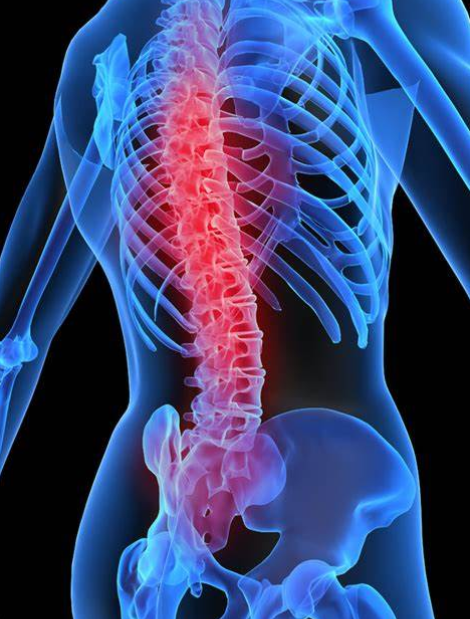Chronic shoulder pain can be debilitating, affecting daily activities and diminishing quality of life. While medications and surgery are often considered for treatment, physical therapy offers a non-invasive and effective approach to managing and alleviating chronic shoulder pain.
Understanding Chronic Shoulder PainChronic shoulder pain can stem from various underlying causes, including rotator cuff injuries, tendonitis, arthritis, and overuse injuries. Regardless of the cause, chronic shoulder pain can significantly impact mobility, range of motion, and strength in the affected shoulder joint. Physical therapy aims to address these issues by targeting the underlying factors contributing to pain and dysfunction.
How Physical Therapy HelpsPhysical therapy for chronic shoulder pain typically begins with a thorough evaluation by a qualified therapist to assess the extent of the injury or condition. Based on the evaluation findings, a personalized treatment plan is developed to address the individual's specific needs and goals. Treatment modalities may include:
- Manual Therapy –
Hands-on techniques such as massage, joint mobilization, and stretching are used to improve flexibility, reduce muscle tension, and restore range of motion in the shoulder joint.
- Strengthening Exercises –
Targeted exercises are prescribed to strengthen the muscles surrounding the shoulder joint, including the rotator cuff muscles and scapular stabilizers. Strengthening these muscles helps improve stability and support for the shoulder joint, reducing the risk of further injury.
- Functional Training –
Functional exercises and activities are incorporated to simulate real-life movements and tasks, helping individuals regain functional abilities and return to their usual activities with confidence.
- Modalities –
Additional modalities such as heat, cold therapy, ultrasound, and electrical stimulation may be used to alleviate pain, reduce inflammation, and promote tissue healing.
Take control of your chronic shoulder pain and start your journey toward recovery. Our team of experienced physicians and physical therapists is here to help. Contact us today to schedule an appointment and begin personalized treatment tailored to your needs. Don't let chronic shoulder pain hold you back any longer—let us guide you towards a pain-free and active lifestyle.






